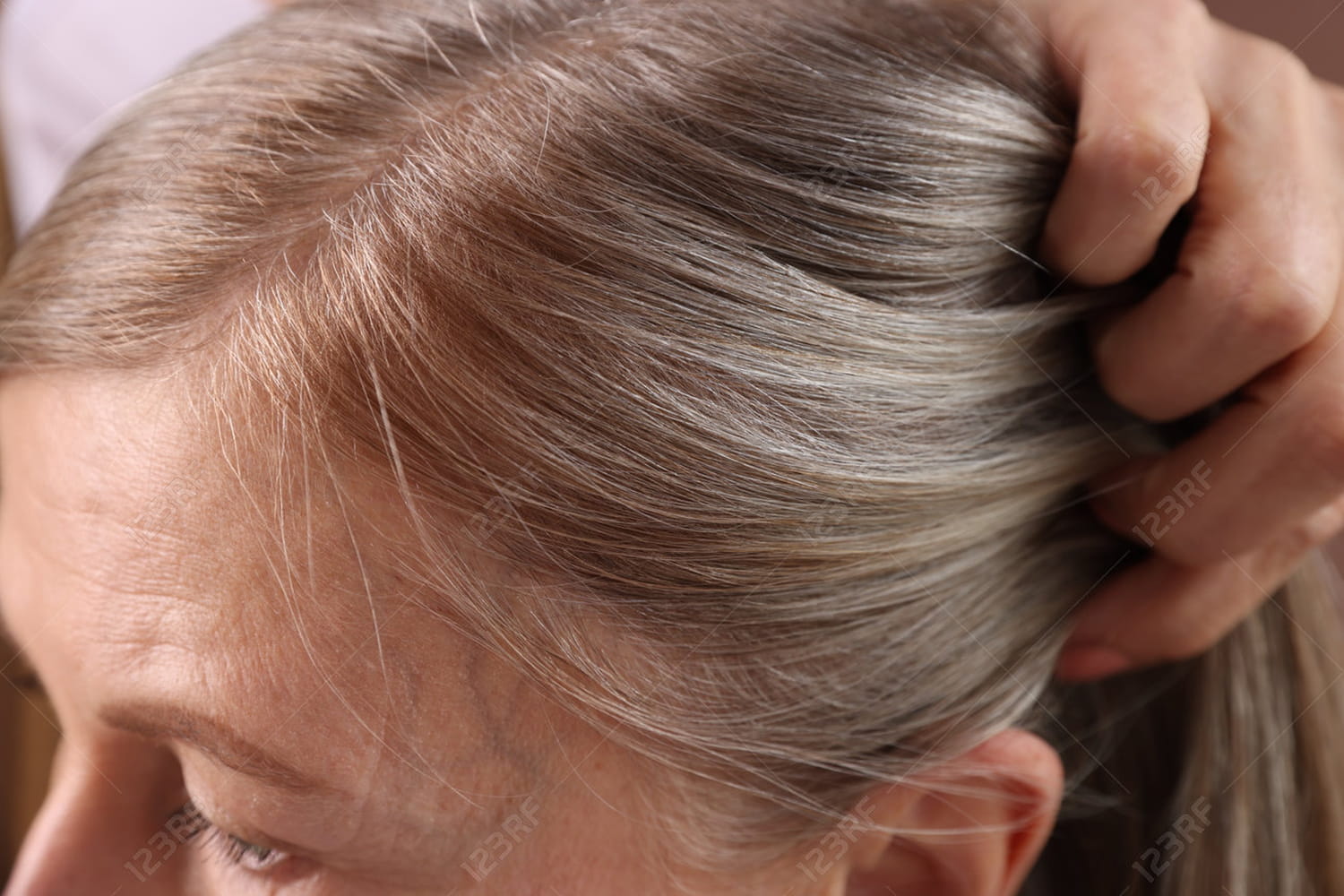Certain cells in the body linked to hair coloring activate a protective mechanism against cancer.
Throughout life, the body’s cells are exposed to attacks capable of damaging their DNA and increasing the risk of cancer. Excessive exposure to the sun, pollution, certain toxins or simply the passage of time promote skin cancer. To protect themselves, certain cells set up mechanisms capable of maintaining tissue balance and eliminating potentially dangerous cells. A study from the University of Tokyo (Japan) shows that a certain hair color could reflect the activation of one of these natural defenses against skin cancer.
To understand this phenomenon, researchers studied pigment stem cells, responsible for hair coloring. Their goal was to find out how these cells react when they suffer damage to their DNA. To do this, they followed their evolution in mice and observed which genes were activated. This approach allowed them to identify a mechanism called “senodifferentiation”. Faced with significant damage, the cells trigger this mechanism, stop multiplying and transform permanently, disappearing from the hair follicle. In short, it is a safety program: the body chooses to eliminate damaged cells that could become cancerous.
This sacrifice has a visible consequence: the appearance of white hair. Graying is therefore not just a sign of aging, but proof that this anti-cancer shield has been activated. “Somatic tissues undergo functional decline with age, exhibiting phenotypes characteristic of aging, including graying and cancer”explain the authors in “Nature Cell Biology”. “This redefines hair graying and melanoma not as independent events, but as divergent outcomes of stem cell stress responses”summarizes Professor Emi Nishimura.
Although white hair can be reassuring, you should not rely on this phenomenon alone to protect against skin cancer. Indeed, the study also shows that if this process fails (because of other types of aggression, such as certain carcinogens), the cells at risk can persist, renew themselves and promote the development of melanoma, the most serious form of skin cancer. To complete this natural defense, it is essential to adopt preventive behaviors such as limiting direct exposure to the sun and regularly consulting a dermatologist for skin checks.








